The draft Law on Chemicals (amended) submitted to the session consists of 8 chapters and 50 articles stipulating principles and policies in the development of the chemical industry, chemical activities; hazardous chemicals in products; safety and security of chemical activities; and responsibilities, rights and obligations of organizations and individuals participating in chemical activities as well as state management of chemicals and provision of information in the chemical sector.
In his speech at the meeting, Minister of Industry and Trade Nguyen Hong Dien emphasized and clearly mentioned the main groups of issues that National Assembly deputies were interested in, including: Key chemical industry sector; chemical consulting activities and consulting conditions; development of a chemical incident prevention and response plan; international cooperation provisions; some contents assigned to the Government for regulation; on administrative procedures.
The Minister affirmed: “In the spirit of seeking knowledge, in the process of completing the draft Law, the drafting agency has made efforts to absorb the opinions of National Assembly deputies, experts, scientists and related organizations. After today's discussion session, we pledge to continue to work with the presiding agency to thoroughly review and absorb the maximum valid opinions of the deputies to complete the draft Law and submit it to the National Assembly for approval at this session .”
The chemical industry is identified as one of the country's fundamental industries according to Resolution 29-NQ/TW dated November 17, 2022 of the 6th Central Conference (13th tenure) on continuing to promote industrialization and modernization of the country by 2030, with a vision to 2045.
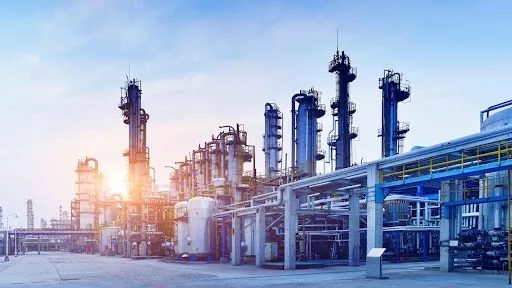 |
| The chemical industry is identified as the country's fundamental industry. Illustrative photo |
Therefore, the Law on Chemicals (amended) when passed by the National Assembly plays an important role in implementing Resolution 29-NQ/TW so that the Vietnamese chemical industry can ensure its role. At the same time, it makes a positive contribution to the socio -economic development as well as ensuring sustainability in environmental protection.
Acceleration goes hand in hand with ensuring sustainable development goals
Over the years, the Vietnamese chemical industry has gone from rudimentary production to global integration with remarkable progress. The industry's growth scale is quite impressive, contributing 10% of industrial GDP, chemical export turnover reaching 12 billion USD/year (2024 data), in which fertilizer, plastic, and rubber are the main products. Many Vietnamese chemical products and brands have affirmed their role not only in the domestic market but also in the international market.
The chemical industry is also an industry that proactively applies high technology. Many businesses have shifted to “green chemicals”, invested in modern waste treatment systems, and applied EU GHS and REACH standards. This is also an industry that demonstrates deep integration in expanding the market while complying with strict regulations on chemical safety.
However, due to the specific nature of the industry, there is a lot of pressure on the development of the chemical industry. One of the pressing "problems" is the effectiveness and efficiency of regulations on chemical control to ensure environmental protection and social safety. Although the 2020 Environmental Protection Law has been tightened, enforcement in localities is still not strict.
Another pressure on the development of the chemical industry is legal overlap. Currently, chemical management is "fragmented" between the Chemical Law (2007), the Environmental Protection Law (2020), and the Labor Safety Law (2015), leading to a situation of "drums beating in one direction and trumpets blowing in the other".
Another pressure comes from the integration process itself. Trade agreements require businesses to comply with strict standards on chemicals, with limited and extended producer responsibility. If Vietnam’s chemical industry is not proactive in adapting, it risks being eliminated from the global supply chain.
Law needs to come first
That context shows the need for a breakthrough legal mindset for the development of the chemical industry towards sustainable development, in which the law must be one step ahead, not chasing after incidents.
The draft Law on Chemicals (amended) submitted at the 9th Session of the National Assembly (15th tenure) is a clear effort for this, contributing to perfecting the legal framework to fully integrate necessary regulations.
However, the legal framework for the chemical industry to develop and integrate sustainably is important, but what is more important is to strengthen enforcement supervision, apply modern technology to trace the origin, and control waste in real time.
Some experts believe that a truly developed chemical industry is not only measured by billions of dollars in revenue, but also by its contribution to society and environmental protection. The goal of the Vietnamese chemical industry is to transform itself into a “clean, smart and responsible” industry.
The responsibility here is the responsibility for public health, the ecosystem and national prestige. Therefore, the completion of the legal system is not only the responsibility of the State, but also the initiative and responsibility of chemical enterprises themselves.
| The passage of the Law on Chemicals (amended) contributes to the goal of turning Vietnam's chemical industry into a "clean, smart and responsible" industry. |
Source: https://congthuong.vn/nganh-hoa-chat-huong-toi-vai-tro-nganh-cong-nghiep-nen-tang-386787.html


![[Photo] President Luong Cuong holds talks with Hungarian President Sulyok Tamás](https://vphoto.vietnam.vn/thumb/1200x675/vietnam/resource/IMAGE/2025/5/28/0f603676be6444aa9f52d4bd32582b4d)
![[Photo] Hungarian President and his wife take a walk and enjoy the view of Hoan Kiem Lake](https://vphoto.vietnam.vn/thumb/1200x675/vietnam/resource/IMAGE/2025/5/28/b9c83fbe6d5849a4805f986af8d33f39)
![[Photo] Close-up of the project connecting 3 key highways in the South](https://vphoto.vietnam.vn/thumb/1200x675/vietnam/resource/IMAGE/2025/5/28/c4b0bc977e964bb79d08b4e836974495)

![[Photo] Welcoming ceremony for Hungarian President Sulyok Tamas and his wife on an official visit to Vietnam](https://vphoto.vietnam.vn/thumb/1200x675/vietnam/resource/IMAGE/2025/5/28/7956bacf4a3e4bde8326cb8f72a3b26c)



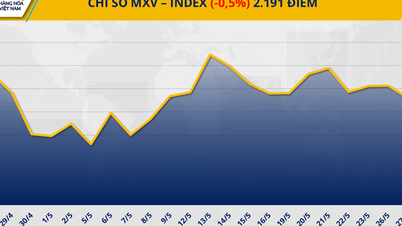











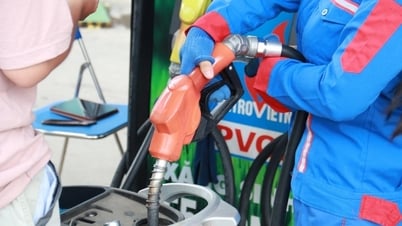



![[Photo] Hungarian President begins official visit to Vietnam](https://vphoto.vietnam.vn/thumb/1200x675/vietnam/resource/IMAGE/2025/5/27/ab75a654c6934572a4f1a566ac63ce82)

























![[Case Study] VIMC – 30-year journey of overcoming waves and reaching far](https://vphoto.vietnam.vn/thumb/402x226/vietnam/resource/IMAGE/2025/5/28/ac45a93a62884eec85471e6c89ef521a)




















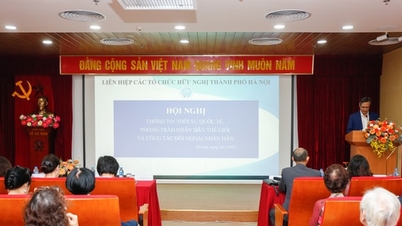




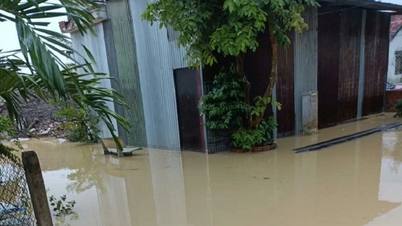













Comment (0)